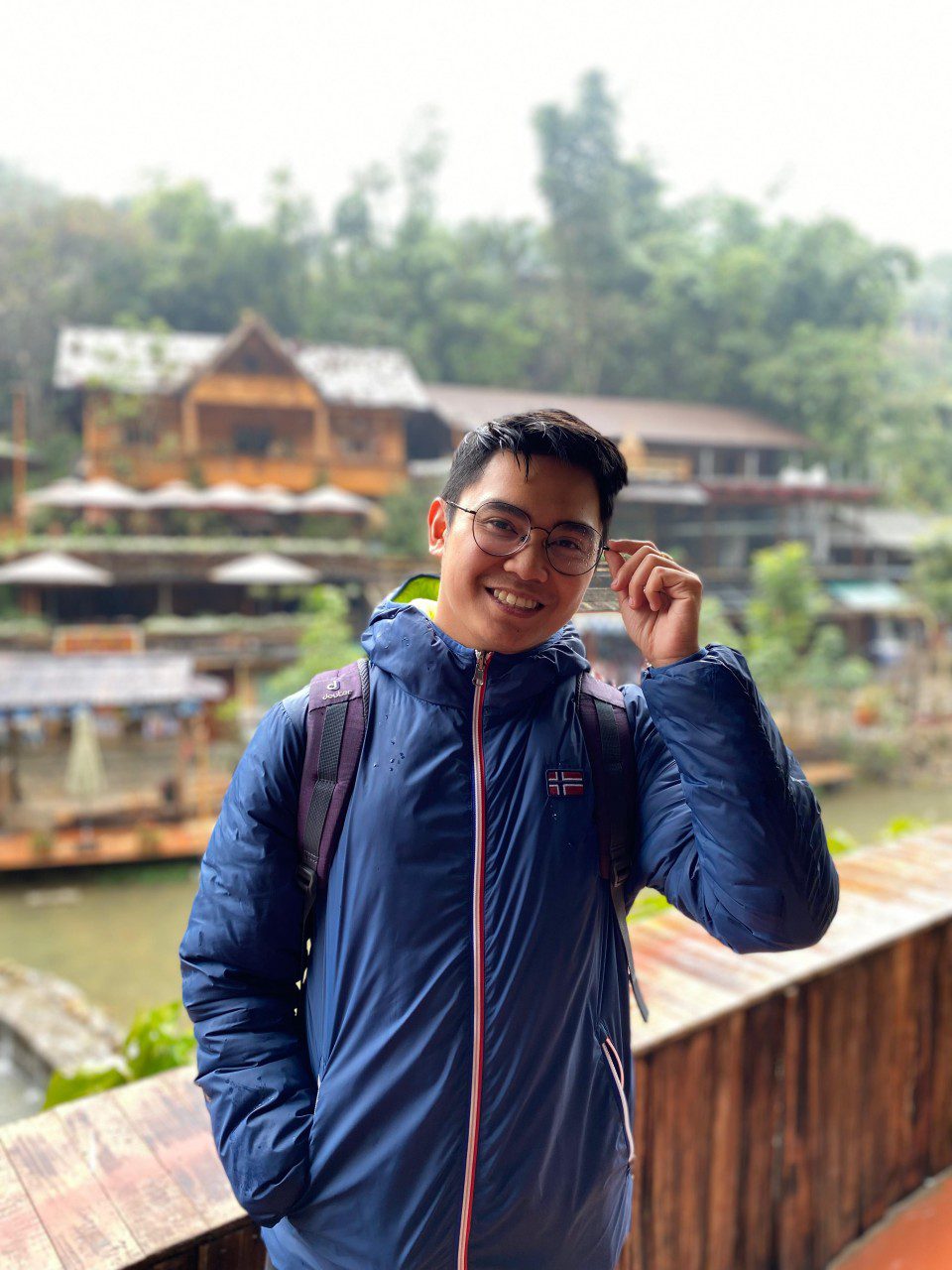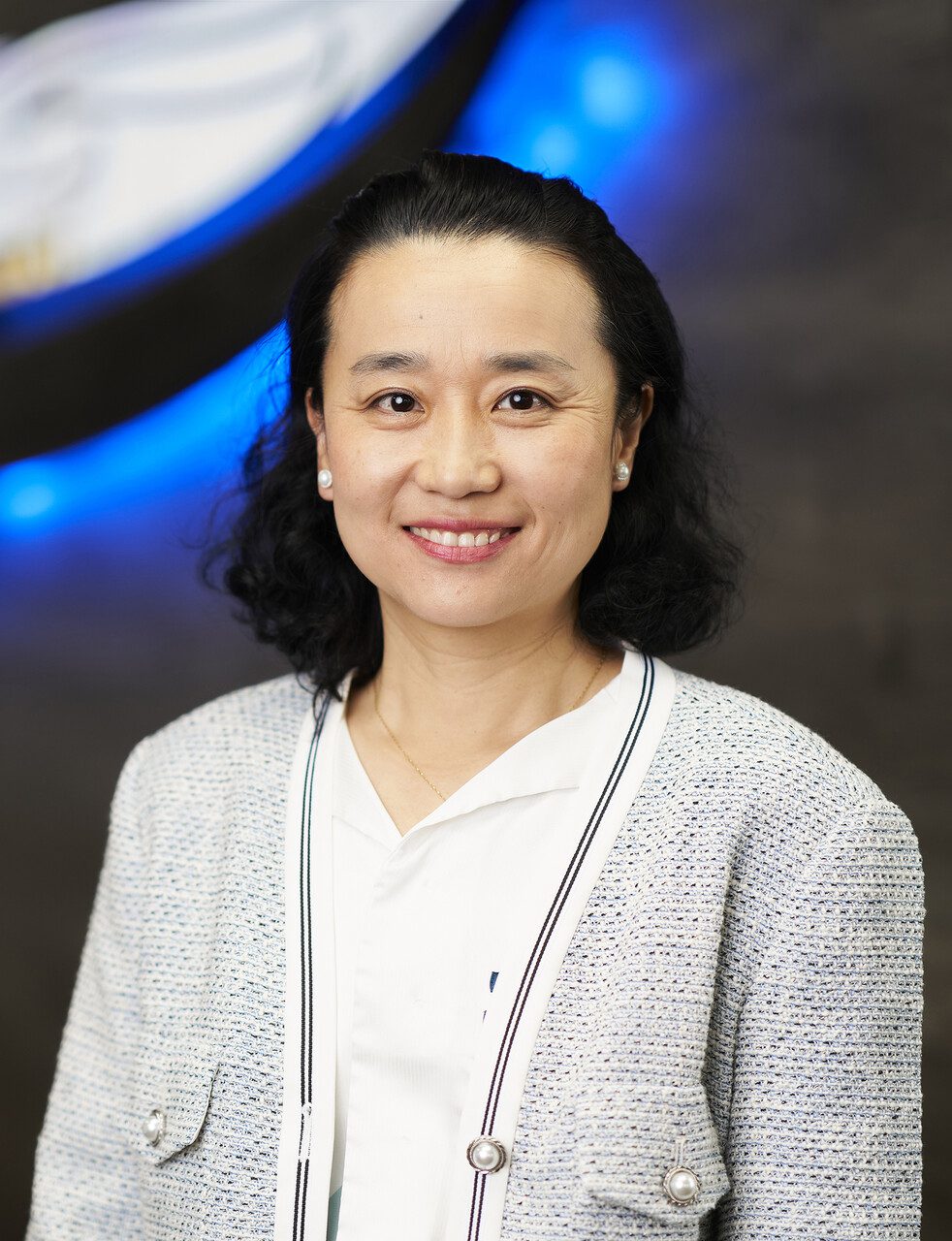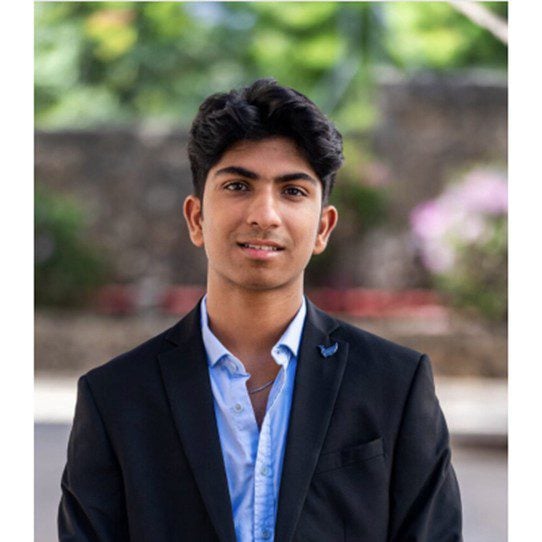Chevening Scholar, Dr. Laeequa from South Africa, Earns a Master of Public Health (MPH) at King’s College London, United Kingdom
University: King’s College London, United Kingdom
Degree: Master of Public Health (MPH)
Previous Education: Bachelor of Medicine and Bachelor of Surgery (MBChB), University of [Insert Name]; Diploma in HIV Management (with Distinction)
Scholarship: Chevening Scholarship – Fully Funded (covers tuition, travel, visa, and monthly stipend)
Other Offered Scholarships: International Laureate Programme Scholarship (2018 and 2019)
Social Media
LinkedIn: linkedin.com/in/laeequa-bayat-669378159/

The Journey
My name is Laeequa, and I am originally from South Africa. I trained and worked as a medical doctor before deciding to pursue further studies in public health. My interest in this field grew over four years of clinical practice, during which I witnessed firsthand how social determinants, stigma, and health literacy shape health outcomes in communities. These experiences, combined with personal reflections from my own family and community, motivated me to specialise in public health so that I could contribute not only at an individual patient level, but at a population level. This led me to apply for a master’s programme in the United Kingdom, an academic pathway that aligned with my vision for health equity and sustainable, community-led health interventions.
Chevening Scholarship Details
In 2024, I was awarded the Chevening Scholarship, the UK government’s prestigious global scholarship funded by the Foreign, Commonwealth and Development Office (FCDO). The scholarship fully funded my Master of Public Health (MPH) at King’s College London in the UK, covering tuition fees, travel costs, visa fees, and a monthly stipend. Being selected as a Chevening Scholar was a life-changing milestone, not only because of the financial support but also because of the global leadership network and career development opportunities that accompany the award.
Were You Offered Any Other Scholarships?
Chevening was the primary scholarship I applied for, as it aligned strongly with my professional goals, leadership experiences, and commitment to public health in South Africa.
Educational Background
My academic journey began with my Bachelor of Medicine and Bachelor of Surgery (MBChB) degree, where I consistently performed at a high level. I received the Vice Chancellor’s Award for Academic Excellence, recognising my achievement of distinctions in each of the first five years of medical school. I was also invited to join the Golden Key International Honour Society in my second year of medical school, an organisation that recognises the top-performing students globally, which reflected my sustained commitment to academic excellence.
During my undergraduate years, I was additionally awarded the International Laureate Programme Scholarship in both 2018 and 2019, further affirming my academic potential and supporting my development as a future health professional.
After completing my medical degree, I pursued a Diploma in HIV Management, driven by a growing passion for infectious diseases and community health. I completed the diploma with a distinction, which strengthened my understanding of HIV prevention, treatment, and health policy, areas that remain central to public health in South Africa.
Clinically, I worked in primary healthcare facilities located in communities experiencing high levels of gang violence, unemployment, and structural disadvantage. Serving in these settings deepened my understanding of how social vulnerabilities influence access to care, health-seeking behaviour, and long-term health outcomes. These experiences strengthened my commitment to understanding health challenges not only from a clinical perspective but within their broader social and community contexts. Alongside my clinical work, I actively participated in research projects, which allowed me to explore diverse aspects of clinical and public health practice.
My interest in dermatological stigma, including conditions such as vitiligo, grew through clinical encounters where I observed how visible skin conditions could influence patients’ confidence, social interactions, and overall well-being. These observations made me more attentive to the social and psychological dimensions of skin conditions. This early interest later informed the focus of my master’s dissertation, which was a systematic review examining the common perceptions among adults regarding vitiligo. I approached this topic through a public health lens, with particular attention to stigma, public understanding, and how societal perceptions shape the lived experiences of individuals with visible health conditions.
All these elements, academic achievement, clinical experience, and an interest in the social dimensions of health, ultimately led me to pursue postgraduate training in Public Health, where my Chevening-funded master’s programme allowed me to deepen my skills in epidemiology, research methods, health promotion, and global public health.
How Did You Prepare to Apply to King’s College London?
When I began preparing to apply to UK universities, I focused on identifying programmes whose structure and academic strengths aligned closely with my goals in public health. I explored module offerings across several institutions, paying particular attention to areas that resonated with my academic interests, including epidemiology, health promotion, prevention and control of communicable diseases, and global public health. I also reviewed teaching faculty profiles, research centres linked to each programme, and the types of dissertation support available, especially for topics related to stigma, health perceptions, and public health research.
At the time of my application, I was working part-time, which allowed me to take a more deliberate and organised approach to the process. I gathered my academic documents, carefully refined my personal statements, and ensured that each application clearly reflected how the programme’s curriculum supported my long-term aspirations in public health. This preparation helped me articulate both my motivation for studying in the UK and how each chosen institution would contribute to my development as a public health professional.
Standardised Test Scores
For my postgraduate applications, I was required to complete the IELTS Academic exam for entry into all three universities I applied to, despite English being my first language. To prepare, I used the resources provided by the British Council of South Africa, including practice materials and guidance on the exam structure. These tools helped me approach the test with confidence and ensured that I met the English language requirements for each institution. I did not need to complete GRE, GMAT, or SAT/ACT scores, as these were not required for my chosen programmes.
How Did You Prepare to Apply to the Chevening Scholarship?
Preparing for the Chevening Scholarship required thoughtful reflection and a clear understanding of the values the programme looks for. I began by revisiting my leadership experiences, academic achievements, and the personal and professional moments that had shaped my commitment to public health. This helped me develop a coherent narrative before drafting any of the essays.
I worked through each of the four required Chevening essays carefully, revising them several times to ensure they were structured, reflective, and authentic:
Leadership Essay: I drew on examples from my clinical roles, moments where I supported colleagues, and experiences where I contributed to improving patient care.
Networking Essay: I reflected on my ability to build relationships across clinical, academic, and community settings, and how these networks have supported my growth.
Study Plan Essay: I explained my choice of UK universities, linking their modules and academic strengths to my public health interests and long-term goals.
Career Plan Essay: I outlined how I intend to use my MPH to contribute to public health in South Africa, with a focus on health promotion, stigma, and the social dimensions of health.
To support my preparation, I attended Chevening guidance sessions, spoke with past scholars where possible, and made use of online resources. I also watched YouTube videos from previous successful applicants, which helped me understand how others approached the essays and structured their stories. These insights guided me throughout the process and helped me refine a clear, forward-looking application that reflected both my experience and my aspirations.
What Made Your Application Stand Out?
I believe three key factors strengthened my application:
Authentic Leadership Experience
My leadership story was not theoretical; it was grounded in real clinical and community experiences.
A Clear Public Health Vision
My academic and professional goals aligned closely with Chevening’s mission to develop future leaders who contribute to positive change in their home countries.
A Strong Personal Narrative
I connected personal experiences, such as witnessing stigma in dermatological conditions within the community to broader public health issues. This gave context and emotional depth to my application.
What Advice Would You Give to Future Scholarship Applicants?
1. Share moments, not milestones
Instead of listing achievements, focus on specific situations that challenged you, inspired change, or taught you something unexpected. These moments reveal character in a way that achievements alone cannot.
2. Connect your vision to real-world impact
Be explicit about how your ideas could make a difference. Scholarship panels respond to thoughtful, practical reasoning, not abstract ambition.
3. Trust the uniqueness of your perspective
You don’t have to impress with grand gestures. Your insight, your curiosity, and your lived experiences are what make your application distinctive. Own them.
Want to submit your
scholarship journey?
Submit Your Story Here!
More Scholarship Recipients

I am John Vincent “JV” Tumaneng, a Filipino PhD candidate of Politecnico di Torino under the MSCA-DN project ESPERANTO � .... Read more

I obtained my bachelor’s degree from a leading university in mainland China. After graduating, I worked at Huawei Technolo .... Read more

My name is Arsh Dharani, and I am an international student originally from the Democratic Republic of the Congo (DRC). I am .... Read more

Leave A Comment